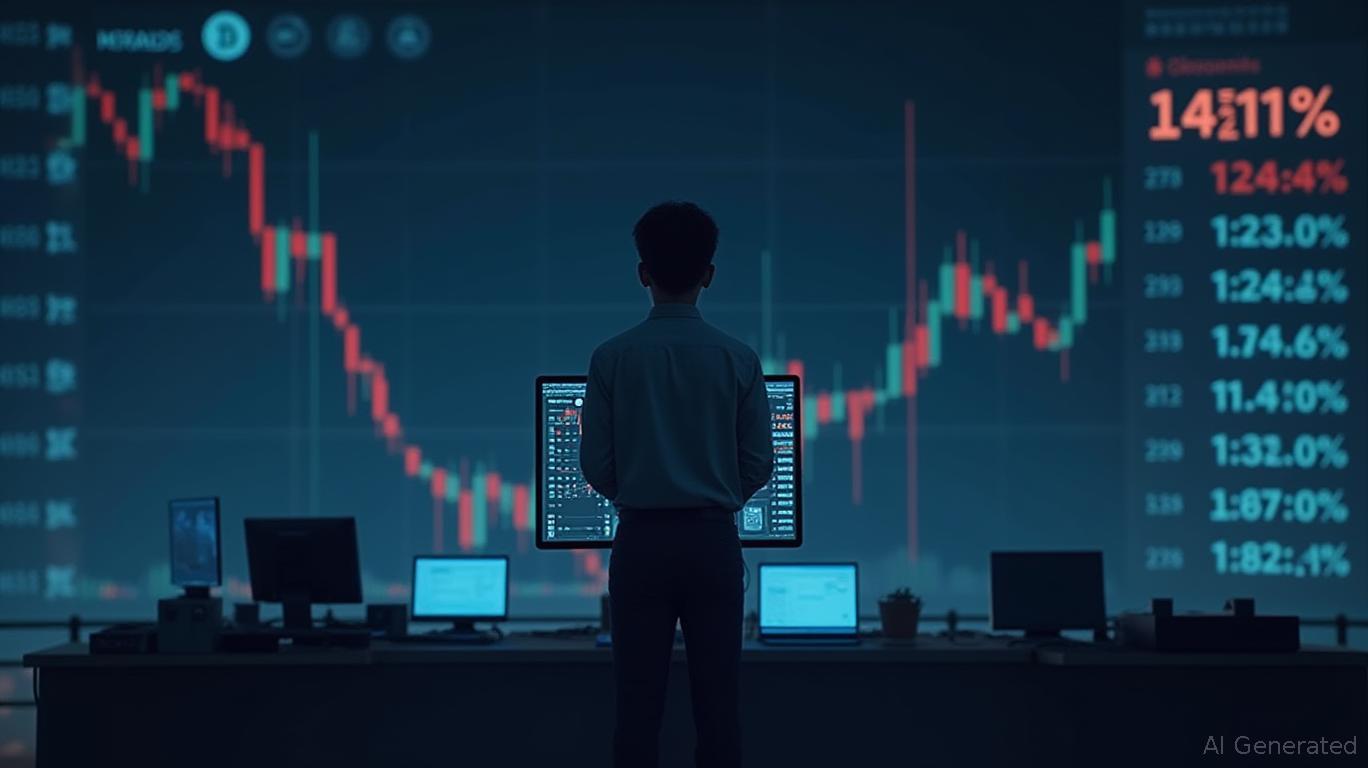On July 13, Bitcoin (BTC) experienced a negative Kimchi Premium of 1.41%. At 12:00 AM KST, BTC was trading at 159.60 million KRW on South Korea’s Upbit exchange, marking a 0.01% increase from the previous day. In contrast, on the global exchange Binance, BTC was priced at 161.88 million KRW. This discrepancy resulted in a price gap of -2.28 million KRW, leading to the negative Kimchi Premium.
The Kimchi Premium, a metric that measures the price difference between BTC on South Korean exchanges and global exchanges, has historically been a key indicator of market sentiment in the region. A negative Kimchi Premium suggests that BTC is trading at a discount in South Korea compared to global markets. This phenomenon can be attributed to various factors, including regulatory changes, market sentiment, and local demand.
Ethereum (ETH), the leading altcoin, also showed a negative Kimchi Premium of -1.37%. Other major altcoins followed suit, with Solana (SOL) at -1.42%, XRP (XRP) at -1.35%, Dogecoin (DOGE) at -1.14%, and Worldcoin (WLD) at -1.22%. Most top altcoins were trading at a discount in the range of -1.1% to -1.4%, indicating a broader trend of discounted prices for cryptocurrencies in South Korea.
The negative Kimchi Premium for Bitcoin and other major cryptocurrencies suggests a shift in market dynamics. Traditionally, South Korea has been a hotbed for cryptocurrency trading, with high demand driving up prices on local exchanges. However, the recent negative premium indicates that local demand may be waning, or that global market conditions are influencing local prices more significantly.
This trend could be influenced by several factors. One possibility is that regulatory changes or enforcement actions in South Korea have dampened local interest in cryptocurrencies. Another factor could be the overall market sentiment, with global trends impacting local prices more than in the past. Additionally, the increasing integration of global cryptocurrency markets may be reducing the price disparity between local and international exchanges.
The negative Kimchi Premium also highlights the interconnected nature of global cryptocurrency markets. As cryptocurrencies become more widely adopted and traded, the influence of local markets on global prices is likely to diminish. This trend could lead to more uniform pricing across different regions, reducing the significance of metrics like the Kimchi Premium.
In summary, the negative Kimchi Premium of 1.41% for Bitcoin on July 13 reflects a broader trend of discounted prices for cryptocurrencies in South Korea. This phenomenon is likely influenced by a combination of regulatory changes, market sentiment, and the increasing integration of global cryptocurrency markets. As the market continues to evolve, it will be interesting to observe how these dynamics shape the future of cryptocurrency trading in South Korea and beyond. 
